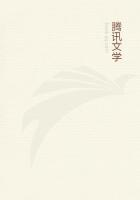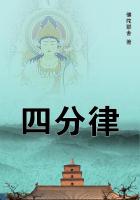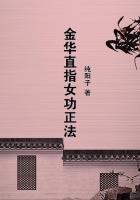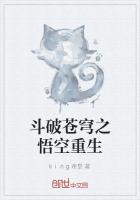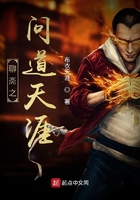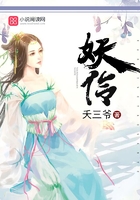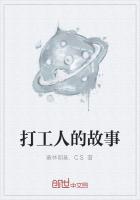And even in those cases,in which delegates were appointed by conventions of the people,it was deemed necessary in many instances,as we have already seen,that the appointment should be approved and confirmed by the ordinary legislature,As to New York,neither her people nor her government had so far lost their attachment to the mother country as to concur any measure of opposition until after the battle of Lexington in April,1775;and,the only representatives which New York had in the Congress of 1774were those of a comparatively small portion of her people.It is well known ?and,indeed,Judge Story himself so informs us ?that the members of the Congress of 1775were elected substantially as were those of the preceding Congress;so that there were very few of the colonies,in which the people performed that act in their "primary,sovereign capacity,"without the intervention of their constituted authorities.It is of little consequence,however,to the present inquiry whether the deputies were chosen by the colonial legislatures,as was done in most of the colonies,or by conventions,as was done in Georgia and some others,or by committees appointed for the purpose,as was done in one or two instances,or by the people in primary assemblies,as was done in part of New York.All these modes were resorted to,according as the one or the other appeared most convenient or proper in each particular case.
But,whichever mode was adopted,the members were chosen by each colony in and for itself,and were the representatives of that colony alone,and not of any other colony,or any nation de facto or de jure.The assertion,therefore,that "the Congress thus assembled exercised de facto and de jure a sovereign authority,not as the delegated agents of the government de facto of the colonies,but in virtue of the original powers derived from the people,"is,to say the least of it,very bold,in one who had undoubtedly explored all the sources of information upon the subject.
Until the adoption of the Articles of Confederation,Congress had no "original powers,"except only for deliberation and advisement,and claimed no "sovereign authority "whatever.It was an occasional,and not a permanent body,or one renewable from time to time.Although they did,in many instances,"exercise de facto"a power of legislation to a certain extent,yet they never held that power "de jure,"by any grant from the colonies or the people;and the acts became valid only by subsequent confirmation of them,and not because they had any delegated authority to perform them.The whole history of the period proves this,and not a single instance can be cited to the contrary.The course of the revolutionary government throughout attests the fact,that,however the people may have occasionally acted,in pressing emergencies,without the intervention of the authorities of their respective colonial governments,they never lost sight of the fact that they were citizens of separate colonies,and never,even impliedly,surrendered that character,or acknowledged a different allegiance.
In all the acts of Congress,reference was had to the colonies,and never to the people.That body had no power to act directly upon the people,and could not execute its own resolves as to most purposes,except by the aid and intervention of the colonial authorities.Its measures were adopted by the votes of the colonies as such,and not by the rule,of mere numerical majority.Which prevails in every legislative assembly of an entire nation.This fact alone is decisive to prove,that the members were not the representatives of the people of all the colonies,for the judgment of each colony was pronounced by its own members only,and no others had any right to mingle in their deliberations.What,then,was this "sovereign authority?"What was the nature,what the extent of its "original powers?"
From what "people"were these powers derived?I look in vain for answers to these questions to any historical record which has yet met my view,and have only to regret that Judge Story has not directed me to better guides.

